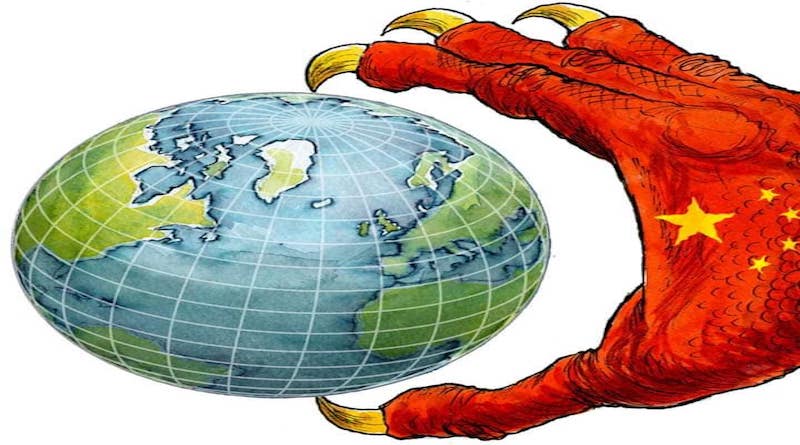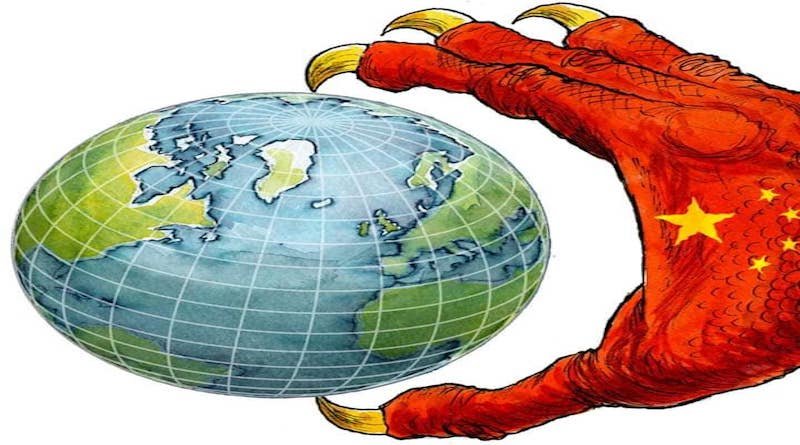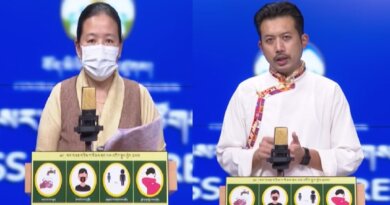China uses Covid-19 to ratchet up religious oppression

By Michael Sainsbury | UCA News | 4 May 2020
Tibet has for decades been something of a testing ground for the CCP’s toughest repression. It is where it honed its programs of both cultural genocide and religious repression; Tibetan Buddhism is banned in the rest of China and the officially atheist CCP has, famously and without any realization of the irony, taken it upon itself to determine the reincarnations of senior lamas.
It’s well documented that repression and cultural dismantling techniques developed and honed by the party in Tibet have been exported to Xinjiang, the sprawling northwestern province that, like Tibet, was largely annexed by the CPP in the years after it seized power in the bloody civil war that concluded in 1949.
In the past decades two Tibet CCP secretaries — have been moved onto Xinjiang, including incumbent Chen Quanguo, who was party secretary in Tibet from 2001 until being shifted to Xinjiang in August 2016. Since then, Chen has presided over the construction of scores of concentration camps officially known as re-education camps that human rights groups have estimated are home to more than one million Uyghurs and other Muslim ethnic minorities.
Leaked internal documents from the Chinese government detailed the vast extent of the program and subsequent interviews with camp survivors revealed oppressive prison-like conditions and brainwashing programs designed to attack the Muslim faith.
Earlier this year reports emerged of Uyghurs who had “graduated” from the camps being “sold” to businesses for work in factories far away from their homes under heavy security. This practise was continued during the coronavirus crisis, which has been largely tamed in China.
So it’s no surprise that the CCP has continued its unconscionable cultural desecration of the Muslim Uyghur community in Xinjiang during the pandemic. It is a long-term project designed using a sledgehammer approach that is designed to quell any terrorist activity.
Yet history shows us that its end result may well be quite the opposite.
Chinese authorities have also used Xinjiang and the Uyghur camps to test and perfect a range of surveillance technologies including retina scans, DNA databases and facial recognition technology. These are modern-day updates to earlier surveillance technologies like Soviet internal passports, though it’s worth bearing in mind that Great Britain pioneered concentration camps in South Africa during and after the Boer War.
While the Covid crisis has allowed Beijing to continue it’s oppressive, sometimes murderous activities in Tibet and Xinjiang with far less scrutiny from a world almost completely distracted by the virus and its spread, it has also provided an opportunity for its overall program of religious repression.
A key element has been the closing of all places of worship during the coronavirus crisis, something that must have been a bit like winning the jackpot for the CCP’s United Front Work Department and its repressive religious regulations.
Already that ban has been extended until the end of May, along with Marian pilgrimages, during what is traditionally the month devoted to the remembrance of Mary.
There are already reports, too, of the long-term Beijing sanctions program of cross removals commencing again — and it’s certain that church demolitions will naturally follow.
It is only early days but it’s safe to bet that the CPP will hew to the old political adage to “never waste a good crisis,” much to the detriment of Christians and other religious believers in China. The only real question is how bad things will get.
The views expressed in this article are that of the author’s and should not be attributed to Tibet Express.






